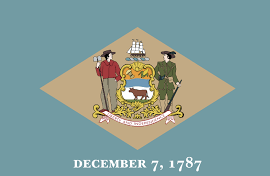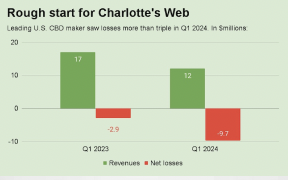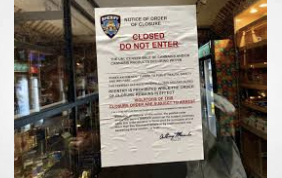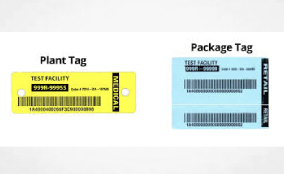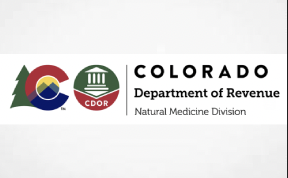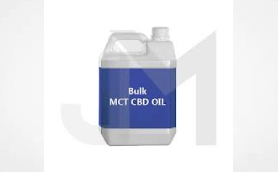The report reveals
The U.S. Congress included a provision in the 2014 farm bill allowing states to do hemp research programs. Wisconsin’s legislature asked DATCP to put a rule in place setting up the pilot program. Department spokesperson Donna Gilson says this isn’t like growing corn or soybeans
. The federal government still views hemp as a controlled substance, requiring the farm field to have a GPS coordinate given to local law enforcement along with a background check of the farmer. Anyone with a drug conviction is ineligible.
She says there are restrictions on sale, as well…
“….One of the things that we want people to be aware of is that you’re not going to be able to decide at the end of the growing season where your going to sell your hemp to get the best price. You’re going to have to have a market lined up for your hemp before you put the seeds int the ground. If not, you may be stuck with a crop you can’t sell….”
The plants have a limit of 0.3 percent THC. Hemp has the active ingredient in it’s related plant marijuana, but at much lower levels than the illegal plant. The federal government made industrial hemp illegal because of it’s related to marijuana.
Industrial hemp was a major crop in Wisconsin through World War II, harvested for its fiber to make rope. Gilson says the modern markets are different…
“…these days the markets are more in food products, fibers for clothing or household goods, health and beauty products. It’s likely to be a very different market that it was in the 1940’s and ’50’s….”
There’s more information on the DATCP website.(see below)
Source: http://wxpr.org/post/farmers-can-apply-state-industrial-hemp-pilot-project#stream/0
Industrial Hemp License Applications Now Open
Wisconsin Department of Agriculture, Trade and Consumer Protection sent this bulletin at 03/02/2018 08:30 AM CST
Industrial Hemp License Applications Now Open
MADISON – Industrial hemp licensing applications are now available for Wisconsin’s research pilot program, and the Department of Agriculture, Trade and Consumer Protection will begin accepting applications immediately. The deadline to apply for the 2018 growing season is May 1.
People who want to grow or process industrial hemp in Wisconsin will need to apply for a license, and at the same time, register their intentions to grow or process hemp in the state this year. They can do both online, or download printable forms, at datcp.wi.gov.
“We know that many Wisconsin farmers see a great opportunity here,” said Brian Kuhn, director of the department’s Bureau of Plant Industry. “As we’ve been telling them all along, they need to remember that this is a research pilot program. Growers really need to know before planting that they have a licensed processor in position to accept their crop. They need to be aware of all the federal, state and local laws that might apply, and they need to talk to their lenders before they order seed.”
Congress included a provision in the 2014 farm bill to allow states to conduct research pilot programs into industrial hemp production, if authorized by their legislatures. The Wisconsin Legislature passed a law in November that directed DATCP to write an emergency administrative rule in 90 days. The rule sets up the regulatory framework for the pilot program.
That rule, called ATCP 22, is now finished and is effective March 2. The industrial hemp program it creates is based largely on those in the 31 other states with programs.
The law, as passed by the Legislature and signed by the Governor, requires that growers and processors pass a background check to show that the licensee has no state or federal drug convictions. Growers will pay a one-time licensing fee of $150 to $1,000, depending on how many acres they intend to plant. Processors will also need a one-time license, at no cost. Both will have to register with DATCP this year, and annually to remain in the program, with growers paying a $350 annual fee and processors, a $100 annual fee.
DATCP inspectors will sample plants from each field and variety grown, and take them to the department’s laboratory for analysis. The plants can contain no more than 0.3 percent THC. Growers will have reporting and recordkeeping requirements, and will be required to enter into a research agreement with DATCP.
Industrial hemp was a major crop in Wisconsin in the first half of the 20th Century, mainly harvested for its fiber to make rope. Hemp products today are very diverse, and are available in the United States, but have been largely made from hemp produced in other nations.
